What do you think?
Rate this book
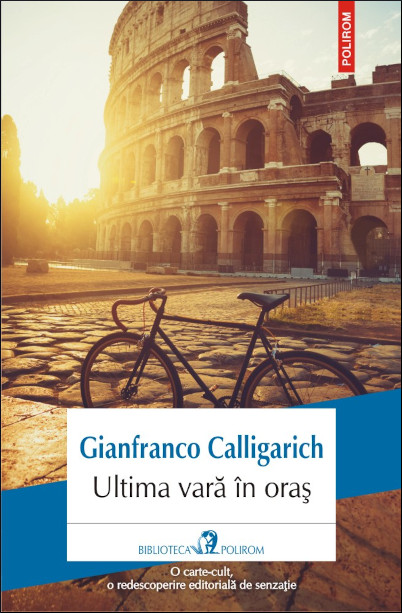

206 pages, Paperback
First published January 1, 1970



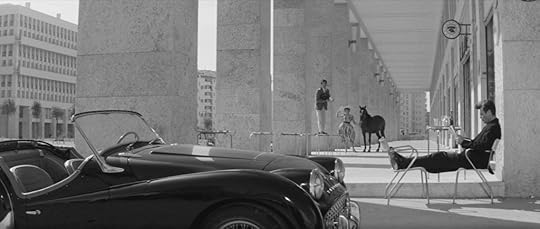
„Dar de ce oamenii trăiesc mereu ca și cum viața s-ar putea repeta?” (p.43).


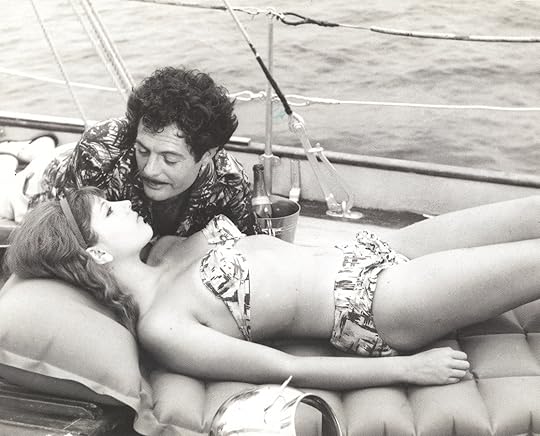

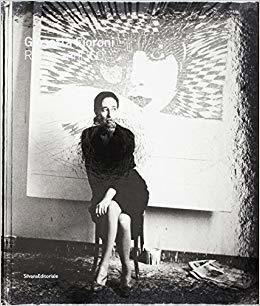
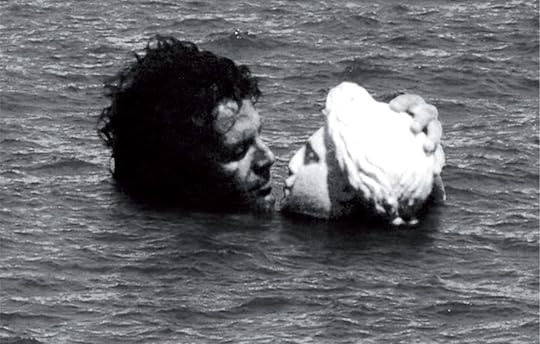


“It’s stupid,” she said softly. “What is?” “Feeling nostalgic for something we never had.”
“Yes, but I have a predilection for love stories,” I said. She took me seriously and said she found them frustrating because for her to like them they had to end badly
All at once, I knew what to do. It’s strange how a change of season makes us want to be in a different place than where we are. Maybe it’s because the air feels different, suggesting other climates, or maybe it’s because we realize time is passing and we’re standing still. The fact remains that every time the weather changed I felt like getting the hell out. Most of the time I did nothing. That morning I decided to act. I filled a small suitcase with some shirts and a few books and as I sat down for breakfast started thinking about the places I could go with the money I had.
Dar ir dabar, net jeigu jis nebūtų man davęs nieko daugiau, niekas neprivers manęs pamiršti to bebaimiškumo jausmo, kuris užvaldydavo mane žingsniuojant greta. Nes dar ir dabar mano tėvo žingsnis yra tai, kas labiau nei bet koks kitas dalykas gali mane akimirksniu nukelti atgal į vaikystę, ir dar ir dabar galiu net ir žaliojoje mane supančioje platybėje staiga vėl atsidurti greta jo, prisiminęs galingą ir minkštą eiseną, kurios, rodėsi, nuovargis negali suteršti. (p. 12)
Galvoju apie visus neįgyvendintus dalykus, apie vaikus, kurie gimsta jau mirę, apie angelus, apie tik įsivaizduojamas meiles, apie aušros ištaškytus sapnus ir galvoju apie amžiams mirusius dalykus, apie genocidus, apie iškirstus medžius, išnaikintus banginius ir visas išnykusias rūšis. Galvoju apie pirmąją žuvį, kuri išgyveno išlipusi iš vandens, kovodama ir atsivesdama palikuonių. Manau, kad viskas linksta į jūrą. Jūrą, kuri priima viską - visus dalykus, kuriems taip ir nepavyko gimti, ir visus tuos, kurie visiems laikams mirė. Galvoju apie tą dieną, kai jiems atsivers dangus, pirmąjį kartą arba dar kartą, - ir jie vėlei bus teisėti. (p. 204-205)